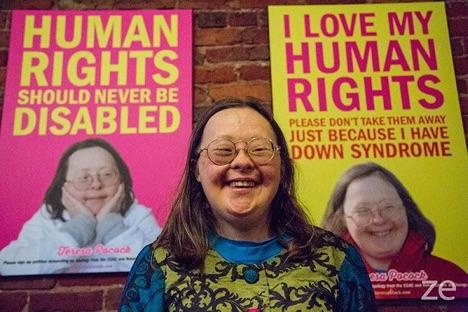by Teresa Anderson, MPH

In 2017, recognizing the need to address the housing affordability and inadequate supply crisis, California legislators put forth nearly 100 housing related bill proposals. Ultimately, Governor Jerry Brown signed what is now referred to as the Housing Package which includes 15 of those bills. Throughout the year (and many years leading up to this) policy discussions around affordable housing have centered on several issues from financing to streamlining the permit process to allocation of existing resources as well as many other important aspects of this issue. There is no doubt that the passage of the Housing Package is an important step to elevating the discussion and the critical need to address and increase the supply of affordable housing and as Senator Scott Wiener (D-San Francisco) so eloquently said it begins a move from a housing-last policy to a housing-first policy in California.
As the state, stakeholders, advocates, communities and citizens of California move forward in the discussions and processes of implementing new laws and policies around housing, homelessness, affordability, etc. it becomes even more important to make sure that issues around housing are viewed in the light of the human rights framework. The National Low-income Housing Coalition published a 2016 Advocates’ Guide that highlights the history of recognizing housing as a human right and the importance of continuing to advocate for that. The human rights approach is really quite simple as it recognizes the right to be free from discrimination, including in housing, on the basis of race, gender, disability, and other status. To read the guide visit: http://nlihc.org/sites/default/files/2016AG_Chapter_1-6.pdf
It is not difficult to find countless incidents of discrimination, right violations and devaluation of people with intellectual and developmental disabilities in history, including recent history. People with IDD have for the most part been left out of the conversations specific to affordable housing because there is a perception that they will be “taken care of” but unfortunately that is not always the reality. For people with IDD, advocates, family members or service providers we know that people with IDD are among the most marginalized and we need to continue to advocate for housing options and policies that address and recognize the human rights of people with IDD.

Teresa Anderson,
Prevention Coordinato

